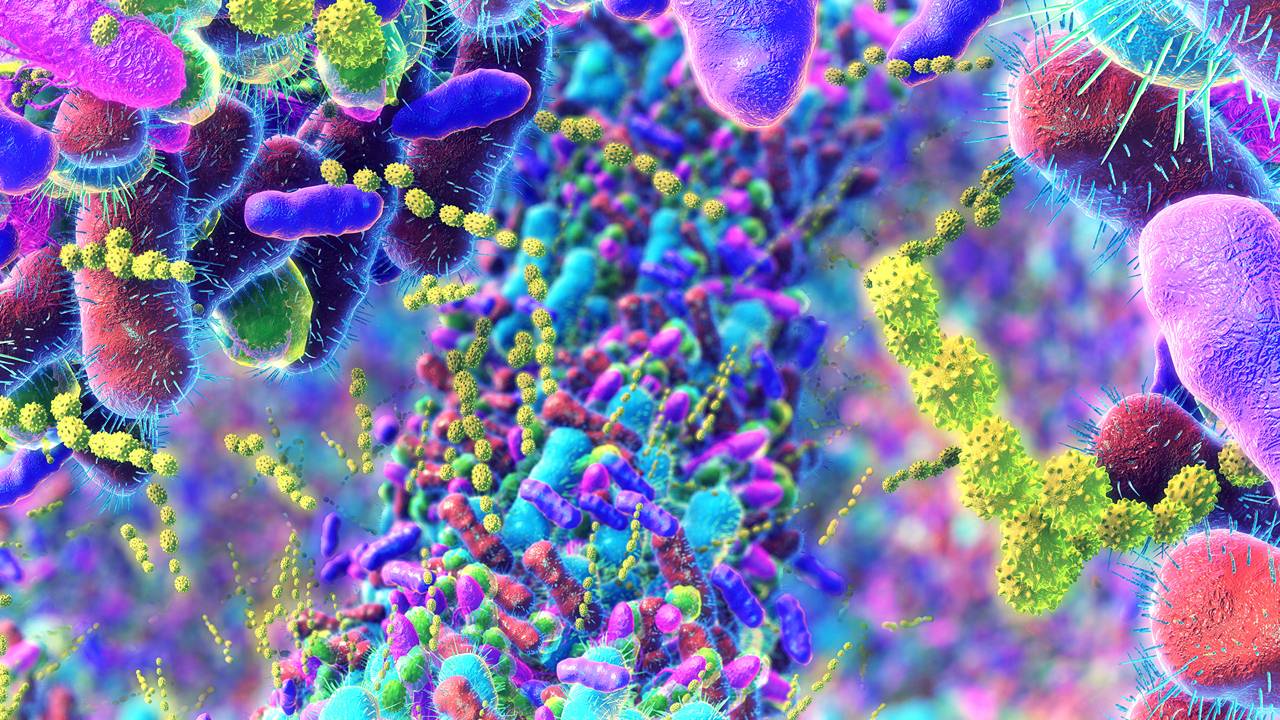Are Microplastics in Your Food Harming Your Brain? New Research Links Processed Foods to Potential Neurological Risks

A growing body of research is raising serious concerns about the potential impact of microplastics on human health, particularly when combined with the consumption of ultra-processed foods. New studies suggest that these tiny plastic particles, often found in our everyday diet, may be accumulating in the brain and contributing to neurological issues. This article explores the latest findings, the foods most likely to contain microplastics, and what you can do to reduce your exposure.
The Microplastic Problem: A Silent Threat
Microplastics, defined as plastic particles less than 5mm in size, are ubiquitous in the environment. They originate from the breakdown of larger plastic items like bottles, bags, and synthetic fabrics. These particles find their way into our food chain through contaminated water, soil, and air. Fish, shellfish, and even fruits and vegetables can contain microplastics, posing a significant risk to human health.
The Link Between Ultra-Processed Foods and Microplastic Exposure
Recent research has highlighted a particularly concerning connection: the prevalence of microplastics in ultra-processed foods. These foods, often high in sugar, salt, and unhealthy fats, are manufactured using industrial processes and contain numerous additives, including plastic packaging materials. This packaging can leach microplastics into the food itself. Common culprits include ready meals, processed meats, sugary drinks, and many snack foods.
New Research: Microplastics in the Brain?
Four new papers published by scientists are adding to the growing body of evidence linking microplastics to adverse health effects. While research is still in its early stages, these studies suggest that microplastics may be able to cross the blood-brain barrier – a protective membrane that shields the brain from harmful substances. Once in the brain, these particles could potentially trigger inflammation, disrupt neuronal function, and contribute to neurodegenerative diseases.
Researchers emphasize that the combined impact of microplastics and ultra-processed foods is particularly worrying. The chemicals used in plastic production, such as BPA and phthalates, are known endocrine disruptors, meaning they can interfere with hormone function. When these chemicals are ingested along with microplastics, the potential for harm is amplified.
Foods to Watch Out For
- Processed Meats: Sausages, bacon, and deli meats often come in plastic packaging.
- Ready Meals: These are frequently packaged in plastic trays and containers.
- Sugary Drinks: Plastic bottles are a major source of microplastic contamination.
- Seafood: While a healthy source of protein, seafood can also accumulate microplastics from the ocean.
- Fruits and Vegetables: These can absorb microplastics from contaminated soil and water.
What Can You Do? Minimising Your Exposure
While completely eliminating microplastics from your diet is virtually impossible, there are steps you can take to reduce your exposure:
- Choose whole, unprocessed foods: Prioritize fresh fruits, vegetables, and lean proteins.
- Cook from scratch: This gives you more control over ingredients and packaging.
- Reduce your consumption of ultra-processed foods: Read labels carefully and avoid foods with long ingredient lists.
- Use reusable containers: Avoid storing food in plastic containers, especially when heating.
- Filter your water: A good quality water filter can remove microplastics from your drinking water.
The Future of Research
Further research is crucial to fully understand the long-term health effects of microplastic exposure. Scientists are working to develop more sensitive methods for detecting microplastics in food and the human body, and to investigate the mechanisms by which these particles impact brain health. In the meantime, adopting a diet rich in whole foods and minimising your consumption of ultra-processed products is a sensible precaution to protect your health.






